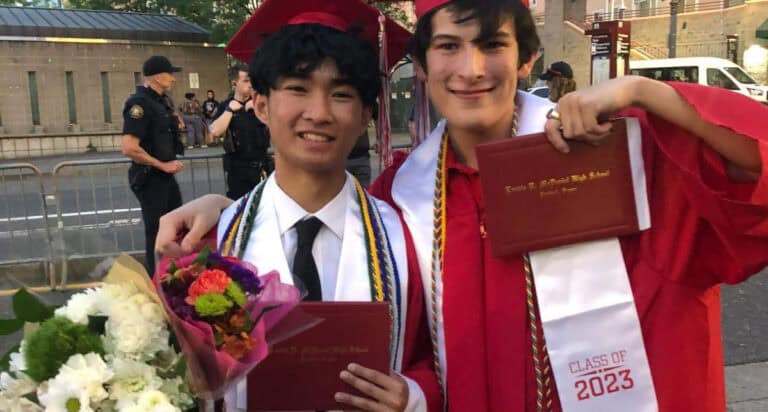Malia Obama is taking a gap year, and the news has made high school juniors and seniors everywhere consider this exciting option for themselves. Who wouldn’t want to put off the academic grind to travel the world, explore interests or make a difference in a community? But a gap year isn’t always the right answer, and careful consideration needs to be made in determining if it is the best path.
Educators support the gap year, reporting that gappers bring more to their campuses and often get more out of their college experience than those who matriculated directly from high school. A few colleges report that these students have higher grades and more leadership positions on campus. In fact, several institutions, including Harvard, Malia Obama’s college choice, actually invite every admitted student to take a year off, and even mention it in their acceptance letters.
3 Things to Consider Before Deciding on a Gap Year
1. Expensive Programs
The first splash of cold water on the whole idea is usually the expense. The organized trips abroad are more than $20,000 a year, not including airfare and personal expenses. If you want to volunteer overseas, you are likely to pay $1000 a week. Programs in scientific field research or outdoor expeditions can top even those prices.
Students who want to do a gap year on a budget have to get creative and be realistic. There are free programs, and although they might not be as exotic as the expensive trips, they are no less meaningful and life-changing. AmeriCorps offers programs such as City Year and National Civilian Community Corps which are not only cost-free, but they actually give participants a stipend and a $5775 education award. The Student Conservation Corps and World Wide Opportunities on Organic Farms are two additional free programs.
2. Need for Planning
The second thing to know about the gap year is the importance of a well thought out and planned year. Some students, put off by the expense of planned programs, declare that they will just do their own thing. They might volunteer locally, take a class, or perhaps travel around and visit friends. This type of plan can move dangerously out of the gap year zone and become only an extended vacation.
During the gap year, the learning process continues, but in a different format and venue which is supposed to inspire and excite a student. When educators talk about the benefits of the gap year, they are talking about a year where students have continued to stretch themselves, learn, mature, and grow as people. It is certainly possible to have a meaningful year without any sort of structured program, but the challenge is on the student herself to create a detailed plan that includes goals in each area of exploration. Many colleges require students who request a gap year deferral to submit an agenda for the year, and will only grant the deferral if the plan is acceptable.
3. Emotionally Ready Student
Finally, it is important for families to think about whether their student is emotionally ready to take a gap year. College counseling offices are busier than ever, and we know that many young adults need mental health support on campus. I’ve worked with families who were concerned that their child was not yet ready for college because of challenges with depression or anxiety. A gap year seemed like a better alternative, and sometimes that decision was spot on, and the emotional growth and maturity gained in the gap year was just what the student needed. But careful consideration needs to be made, since the demands of an international gap year experience or of a year without the structure of a typical work or school day does not help all students to progress.
Malia Obama’s gap year decision is going to shine a bright light on this educational opportunity, and we are likely to see more young people chose this path over the coming years. This experiential learning process can help students mature, chose a major, explore careers, grow as a person, and prepare for the rigors of college life. My advice to those considering a gap year is:
- Always have a detailed plan, including clearly defined goals and objectives.
- Understand the reason why you are taking a gap year, since this is as important as the decision of what to do.
- Find opportunities within your budget.
- Be ready for the challenge of your life!
- If you do take a gap year, keep a video or written journal to document your thoughts and experiences.
Related:
12 Proven Ways to Help Your Kid Through Junior Year
Dear Parent of Newly Admitted College Student
From Room Shopping: 50 Questions to Answer First
Kristin M. White is an educational consultant with Darien Academic Advisors in Darien, CT and the author of The Complete Guide to the Gap Year: The Best Things to Do Between High School and College (Jossey Bass, 2009) and It’s the Student, Not the College: The Secrets of Succeeding at Any SchoolWithout Going Broke or Crazy
(The Experiment, 2015.)










